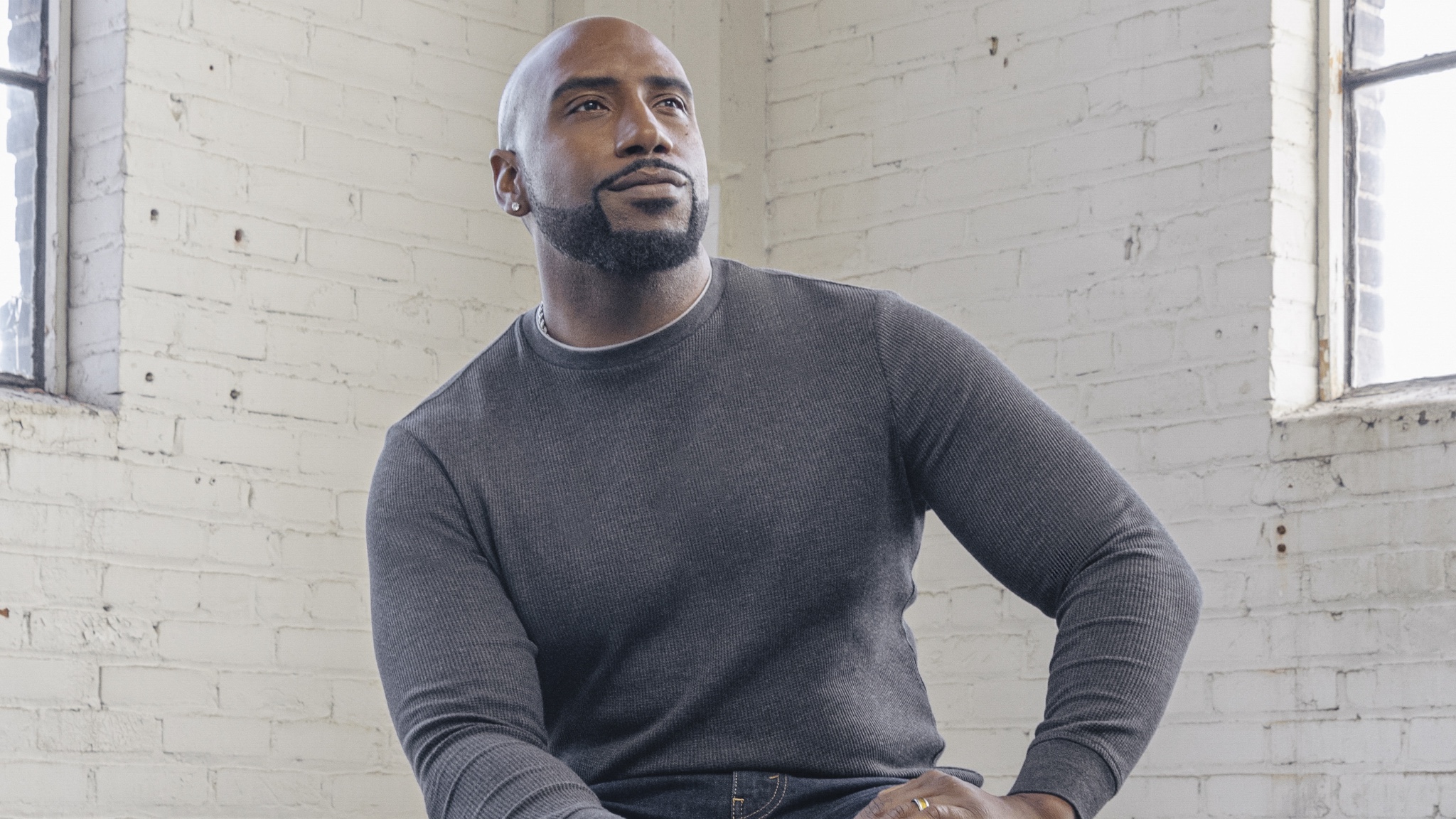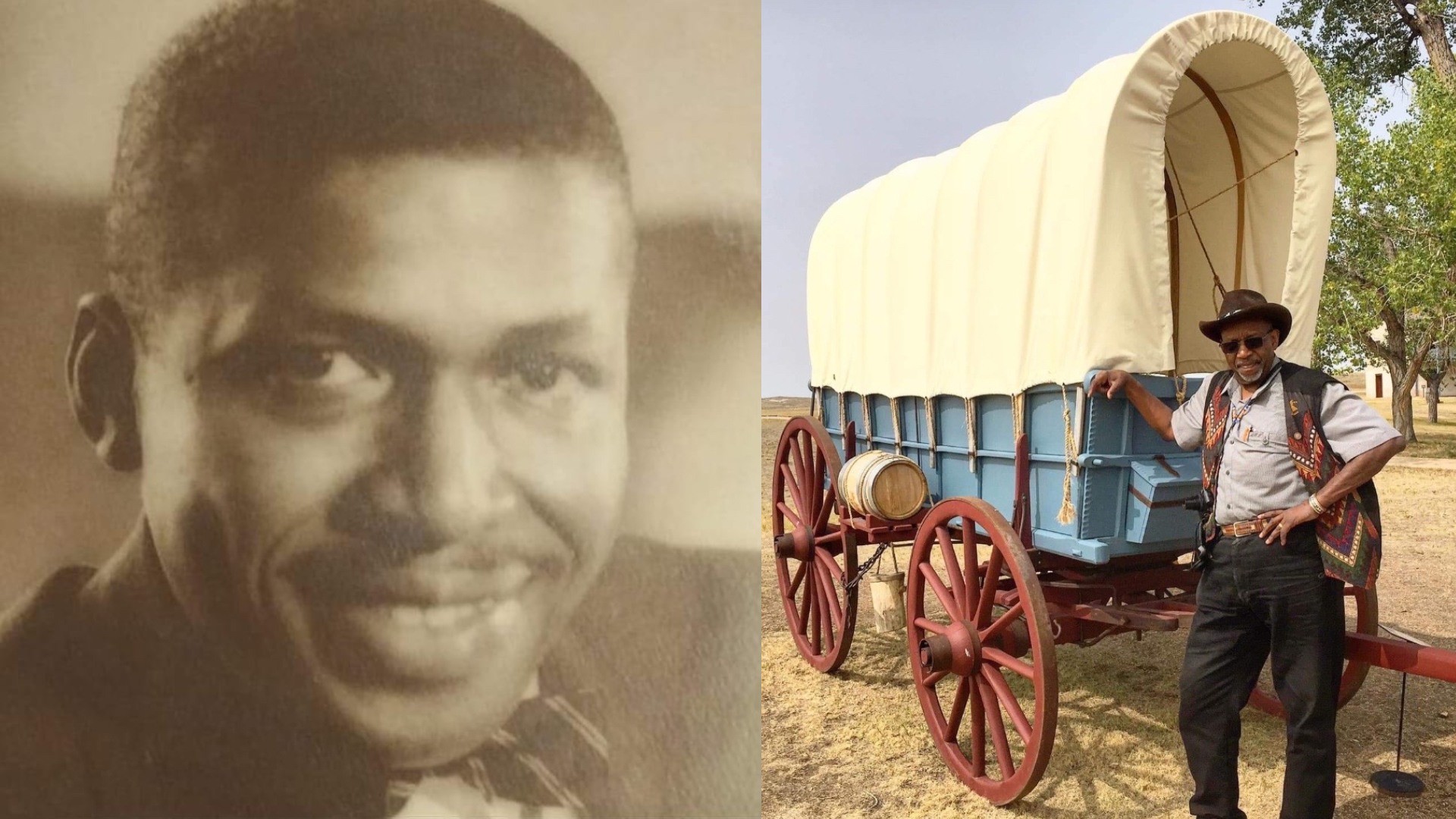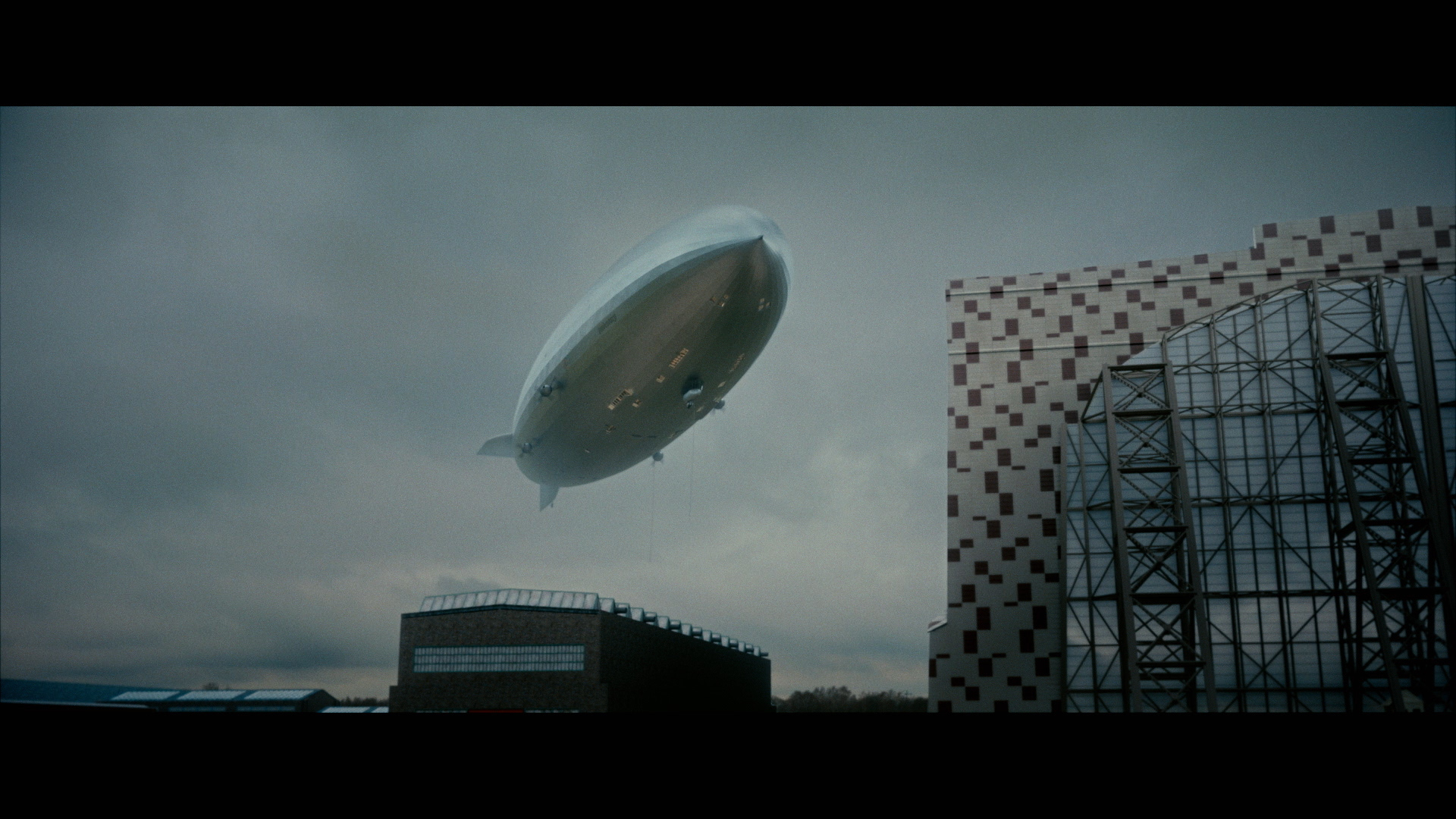
Who influenced your love of history?
Unquestionably, my father, Sidney T. Wilson. He was building his tour guiding company, A Private Guide, Inc., while he worked with the Black American West Museum. I remember him bringing home all of these amazing artifacts: real 19th-century cowboy stirrups, clothing and authentic old-western weapons. It just made the history more real to me.
He would participate in historical reenactments with the various theater groups and historic institutions around town. Sometimes he would be Barney Ford, an escaped enslaved person who became a wealthy entrepreneur and civil rights leader in Colorado. Other times, [he’d become] Jim Beckwourth, an American mountain man and explorer.
When I got older, my grandfather told me of his real life and times in WWII as an Airman, and I would literally wonder what I would do…if ‘I was there.’ Pun intended.
Your grandfather was a Tuskegee airman. What impact has that had on you?
Theobald George Wilson was indomitable. The son of Jamaican immigrants, he was a dark-skinned man born into a world that wouldn’t appreciate him for decades to come. This was the true fate of most Tuskegee Airmen, whom America wouldn’t properly honor until they were old and gray. Affectionately known as “T-Bald,” he could be as unforgiving as the circumstances that birthed him. Granddad was quick both in temper, and in wit. Humor was his second-best survival tool after his fists. His words could be as piercing as his eyes. He was ruggedly handsome, 6’2” and had a debonair air that reminded me of Frank Sinatra or Vito Corleone dipped in Black.
Read More The Tuskegee Airmen: 5 Fascinating FactsHe cast quite a long shadow in life, and in death. As a kid, bearing his name was the heaviest thing I’d ever carried, until I carried his casket. It was like being the grandson of Hercules, but ya couldn’t bench press. But in time, with manhood, I wore that name in my own way.
He lived in Brooklyn with my grandma, Marie Wilson. Every time I was out there in my childhood summers, he always had me around flying things. From balsa wood airplanes, to going to airfields and seeing radio-controlled planes, to talking about the P-51 Mustang, it was all wings with grandpa.

What is your favorite historical subject?
Pre-colonial African history, by far. When lecturing at schools, I would ask kids, ‘What was happening in Africa in 1491?’ Literally, no one would know, even in AP classes. From the Moorish occupation of Spain to the gardens of the Dahomey empire in the west, the 25th dynasty in Egypt, Benin, Timbuktu and Meroë, they all fascinate me to no end.
If you could have dinner with one historical figure, who would it be and why?
That’s a toss-up between [Queen] Amanirenas of the Nubian golden age and John Horse of the Seminole Wars. Amani because wartime female rulers are a special kind of leader. She stopped the Roman empire in its tracks after losing an eye in combat. John Horse because I am wondering how a son of escaped slaves and Native Americans spoke three languages and negotiated freedom for rebellious slaves in a time when that was literally impossible. They are both odds-beating super humans, and I’d love to pick their brains.
Read More African Female Warriors Who Led Empires and ArmiesTell us about your experiences training to be a stuntman.
Being a performer who could do their own stunts was appealing to me, since I was already knee-deep in martial-arts training in my early 20s. Training stunts was just great exercise! We trained fight choreography, breakfalls [learning how to fall without injury], air-ram stunts [that catapult you through the air] and high falls.
Though I never performed as an actual stunt man, the skills and confidence with my body carried over in many film projects, including I Was There.
You are also a slam poetry artist. What inspires your poetry?
Life was my muse. Whether it was politics, race, women or the planet, my muses would speak to me in whispers that I would translate into poetry. I then read in crowded bars, and eventually, TEDx stages and universities, which got easier after winning the National Poetry Slam with my crew, Slam Nuba.
In your TED Talk, you spoke about going undercover in the Alt-Right movement. Why did you do that and what did you learn from it?
I created a fake profile to re-create the echo chamber effect so I could get pulled into their world—on purpose. I was getting trolled by racists on Facebook due to my Black Lives Matter content, and got curious as to the alternate universe these alternate facts were coming from.
Though the TED Talk focused on compassion, my original mission was purely reconnaissance. White supremacy was showing its face again, and as a Black man, that’s an existential threat to me. I couldn’t afford not to know the scale and scope of this movement.
The angst of these young white men [I encountered] was founded in a sense of lack. They were the first generation of white men set to inherit less than their fathers, and had been propagandized to blame darker people. [What I discovered while immersed in their online world was that] ‘socialism’ was a buzzword, insinuating that welfare for the poor—not welfare for the super-rich and corporate entities—was the cause of their diminishing spoils.
And age-old projections of negative character traits onto brown bodies were rampant. Ultimately, I learned that many of them are too far down the spectrum of radicalization to have conversations with. But for those who are still willing to listen, it’s worth a shot. When you do it right, it’s transformative.
What was your favorite topic to cover on the series?
It’s a toss-up between ‘good trouble’ in Selma, and the death of Jesse James—for totally different reasons. They had to do with the experience of actually filming. Jesse James because it was like making a gritty Western, and the weather was great. Selma because behind the camera, we had a lot of fun, despite the challenging nature of the subject matter.
Read More ‘Good Trouble’: How John Lewis and Other Civil Rights Crusaders Expected ArrestsWhat do you want our viewers to take away from this series?
That history is still happening—and the people who made it happen were just like them. These momentous events were caused by ordinary people. I Was There is action-packed, but it’s also granular. In getting into the details, we see these real people in history, and thus we see ourselves. That is exciting, and with the right information, we can learn from our history, and make better decisions today.
